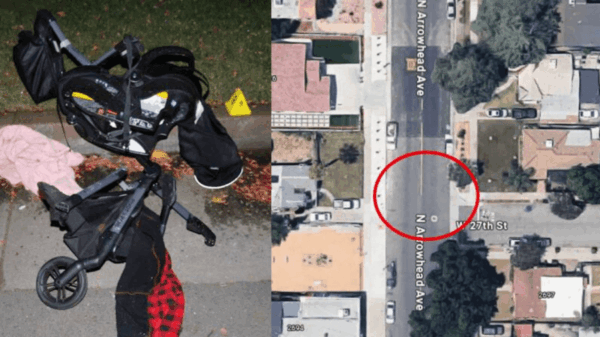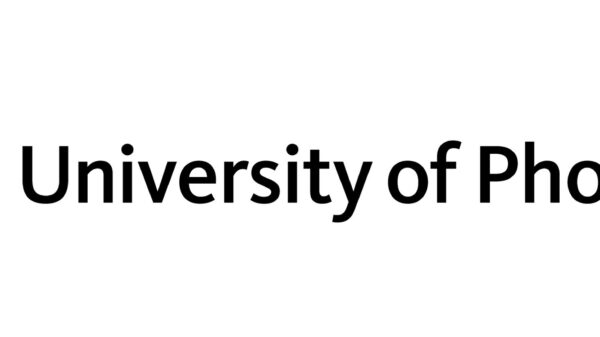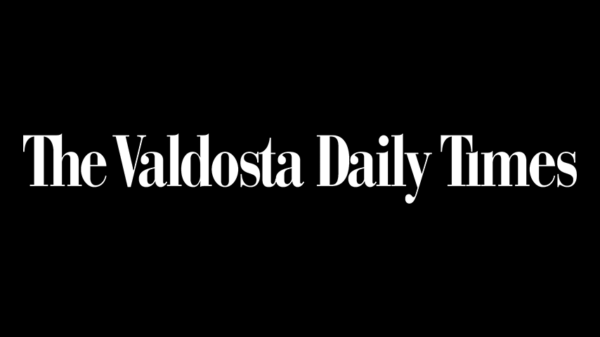A recent study conducted by researchers from the University of Oxford, the Wildlife Conservation Society (WCS), CIFOR-ICRAF, and their institutional partners highlights a significant disconnect between media narratives and public perceptions regarding the risks of consuming wild meat in Central Africa during the COVID-19 pandemic. The findings, published in the journal People and Nature, provide critical insights into how media reporting shapes community beliefs and behaviors, paving the way for more effective wildlife management and public health strategies.
Media Coverage vs. Public Perception
The research analyzed over 260 media articles from the Democratic Republic of Congo (DRC), Gabon, and the Republic of Congo, complemented by telephone surveys of more than 3,600 individuals in Cameroon and DRC. Lead author Yuhan Li, a DPhil student at the University of Oxford’s Department of Biology, remarked, “Media articles tended to emphasize the risks of a virus spill-over from wild meat to humans.” Despite this focus, the study revealed that personal experiences significantly influenced public perceptions, with individuals’ food choices largely determined by price and availability rather than health risks.
Wild meat is a crucial source of nutrition and income in Central Africa. The COVID-19 pandemic intensified media attention on this topic, altering both public perceptions and stated consumption behaviors. While 61% of articles discussed zoonotic risks associated with wild meat, many respondents perceived domesticated red meat as the more dangerous protein source.
Changing Consumption Behaviors
The study uncovered that nearly half of the Cameroonian respondents reported reducing their wild meat consumption due to health concerns. In contrast, approximately one-third of respondents in DRC indicated an increase in wild meat consumption, driven by the scarcity and higher costs of alternatives. These divergent responses demonstrate the complexity of public attitudes towards wild meat amid the pandemic.
The authors emphasize the importance of understanding social perceptions surrounding wild meat to develop interventions that are culturally appropriate and effective. Bans on wild meat trading were widely discussed in media outlets as a potential response to COVID-19, but the research showed a lack of consensus on such policies. In Cameroon, views were divided, whereas support for bans was stronger in DRC, with lower levels of opposition.
“If we want to shift behaviors around wild meat consumption in Central Africa, we need to start by listening,” explained Lude Kinzonzi from the Wildlife Conservation Society. He noted that top-down bans or generic health warnings often fail. Successful approaches should focus on community needs, utilizing positive campaigns rooted in evidence, and bolstered by trusted local voices. Additionally, it is essential to support viable alternatives for consumers and vendors alike.
The authors advocate for evidence-based communication campaigns, collaboration with local influencers, and targeted policy measures. They stress the need for expanding access to safe and affordable wild meat substitutes and investing in stronger local institutions, law enforcement, and monitoring systems. This multifaceted approach aims to achieve both biodiversity conservation and improved human health outcomes, particularly in regions where wild meat remains vital for food security and livelihoods.
For further details, refer to the study “The impact of COVID-19 on public perceptions of wild meat in Central Africa” published in People and Nature in 2025. DOI: 10.1002/pan3.70094.




































































